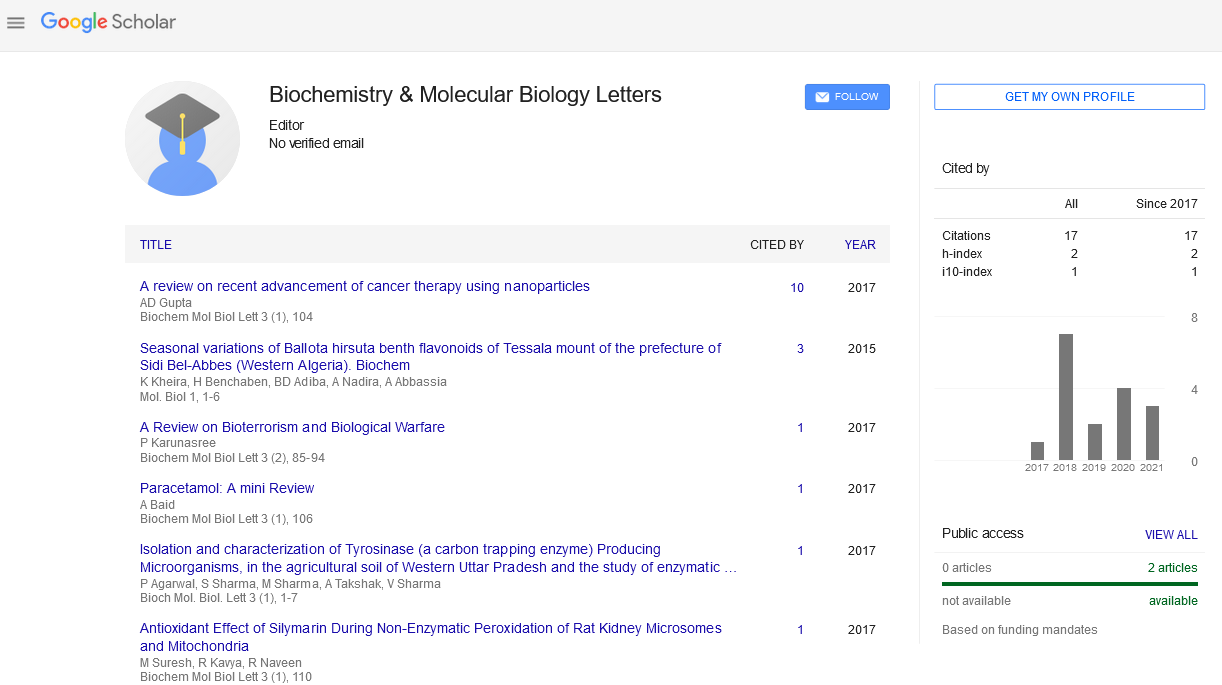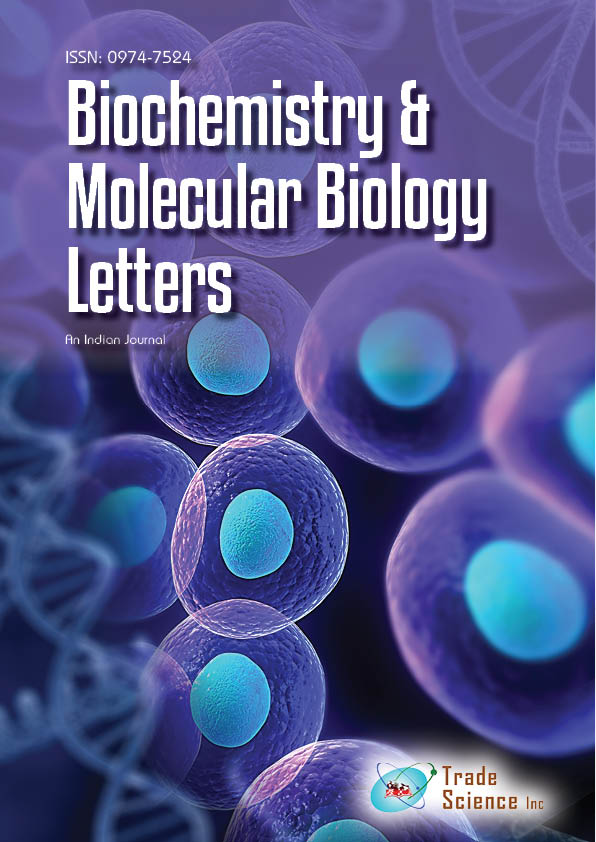Abstract
A Review on Nanomedicine in the Cancer Therapy
Author(s): Poonam Jaggi, Harshit JoshiNanotechnology has an incredible prospective in disease prevention, diagnostics, imaging techniques, and drug therapy. According to United States National Institutes of Health (NIH) nanomedicine is defined as a molecular-scale intervention for prevention, diagnosis, and treatment of diseases. Limitation of conventional cancer therapies led to the development and application of a number of nanotechnologies for safe and efficacious treatment of cancer also referred to as cancer nanomedicine. Significant technological advancements have been achieved in this field, but the main hurdle in the development of the nanomedicine becoming a new paradigm in cancer therapy comes from the complex and heterogenic biology of tumour, a partial understanding of nano–bio interactions and the challenges concerning chemistry, production and controls necessary for clinical translation and commercialization. In a Layman’s term nanomedicine is the application of nanotechnology to medicine. The aim of nanomedicine is to overcome the needs in management and treatment of diseases through interventions at a nanoscale that associate with the operational level of biological macromolecules inside the cells. Although extensively applicable in the field of diagnosis and treatment of numerous diseases, nanomedicine has technically advanced in research focused on the diagnosis and treatment of cancer. Currently, the researchers are continuously focusing on the development of new nanomaterial, nanodevices, and nanoparticles with various applications for cancer therapy.

